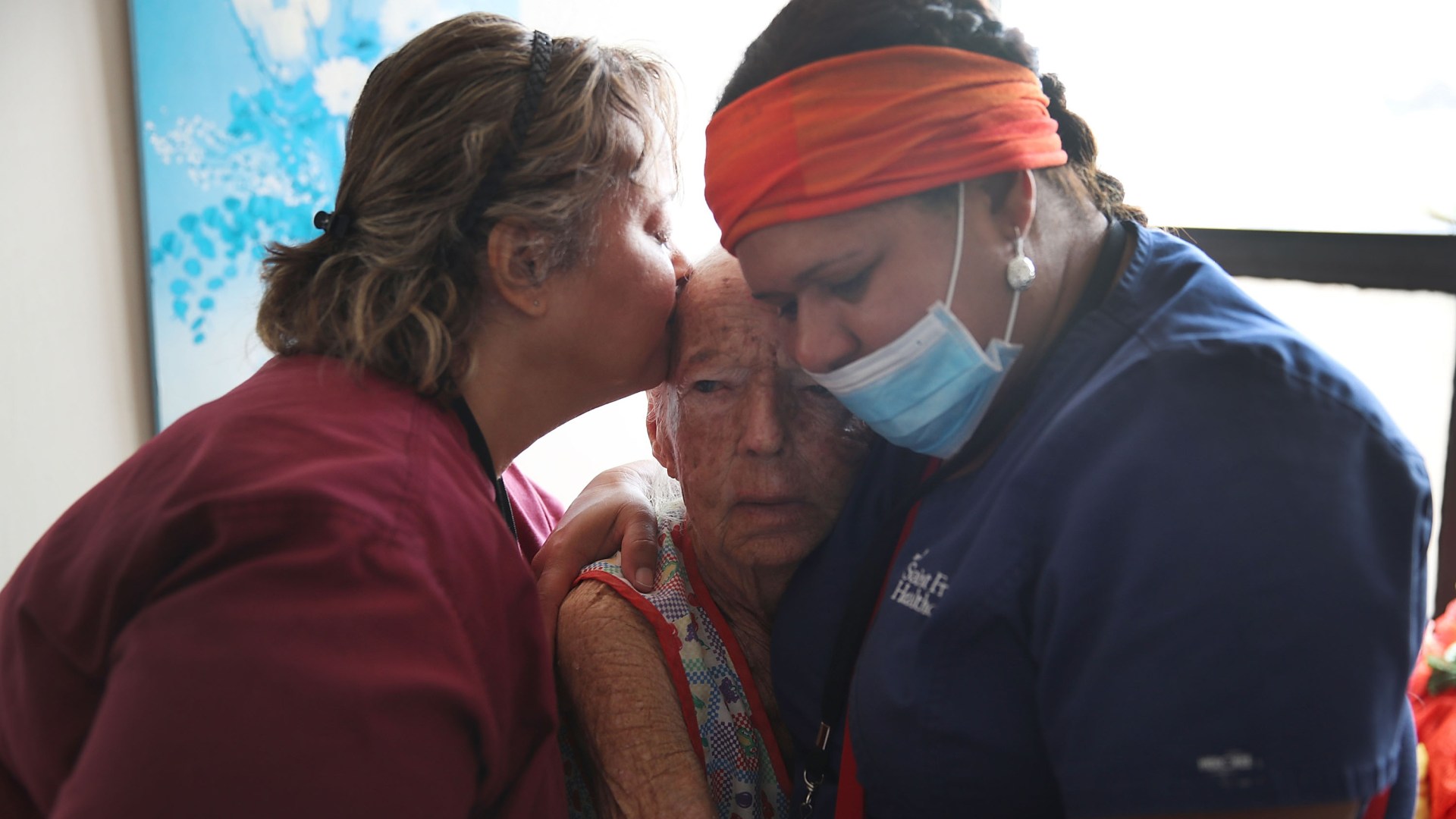I’ve always thought pastors have the toughest job in the world. They must shepherd their congregation to become fully devoted followers of Christ. Every week they’re expected to knock it out of the park with a powerful sermon. They also run a complex organization with budgets, staff, facilities, and numerous programs. And let’s not forget the rather challenging missional responsibility to change the world for Christ.
As overwhelming as this seems, it’s all within the scope of leading a church. The trend that’s troubling to me is when church teams believe they should do it all, tackling areas outside their expertise—embracing a do-it-yourself approach to things like international missions and disaster response.
Imagine you’re going to build a new sanctuary. Would you trust all the work to untrained volunteers? While the intent is good and some benefit may indeed still come of it, “DIY humanitarian aid” is similarly ineffective. Meeting the dire needs of disaster victims or people living in chronic poverty is complex business requiring specialized skills.
Churches don’t have to do go it alone when there are resources across the body of Christ they can leverage—Christian organizations with deep experience in poverty alleviation and emergency relief. The benefit is mutual because churches and faith-based organizations want the same thing: maximum kingdom impact.
God created his people with specialization and interdependence in mind, which Paul describes in 1 Corinthians 12: “God has placed the parts in the body, every one of them, just as he wanted them to be. If they were all one part, where would the body be?” (v. 18–19). A church’s true identity lies not in the local congregation but in this full body of Christ, in which “there are different kinds of service, but the same Lord” (v. 5).
This God-ordained playing to strengths is what happened with the early Christians in Acts 6 when they discovered that the widows in their community were being overlooked in the daily food distributions. Rather than pull the apostles away from their vital mission of preaching and teaching, Stephen and seven men were appointed to manage the widows’ care.
Proclaiming the gospel was important; the widows’ hunger was also important. But the early church knew that both would suffer if the same people tried to manage it all. Today, World Vision, Samaritan’s Purse, World Relief, and other organizations are the modern-day versions of Stephen, Philip, and Procorus. And in fact there’s an “embarrassment of riches” in other specialized areas the church can access: Wycliffe, Mission Aviation Fellowship, Habitat for Humanity, and Youth for Christ, to name just a few.
Even when a disaster of biblical proportions hits—and that’s only a slight exaggeration of the hurricane season we’re having—pastors can take this Acts 6 approach and call on the full body of Christ.
A few weeks ago, I visited pastors in Harvey-ravaged Houston who are partnering with World Vision, and I was glad to assure them that they don’t have to go it alone. In the first three weeks alone, World Vision sent 44 semi trucks full of relief supplies from our warehouses around the country, sparing pastors the work of procuring these high-quality relief and rebuilding items that corporations donated to World Vision. We’ve got the supply chain logistics figured out, perfected over the decades of responding to disasters around the world and in the United States.
With a hand from the professionals in disaster management, pastors can get back to their real job: the critically needed ministry of comfort in devastated communities. Steve Bezner of Houston Northwest Church told me, “You allowed us to do ministry in the midst of our own turmoil.”
Churches like Houston Northwest will be there long after FEMA and the Red Cross have left, serving as agents of recovery and renewal in their communities. That’s what makes them ideal partners for World Vision and other organizations that share the same goal of long-term transformation in Christ’s name everywhere we work across the globe.
Churches never have to go it alone. In the overseas mission field and here at home, the body of Christ is most powerful when we work together, leveraging our specialties yet also exhibiting “the same God at work” in all of us.
Richard Stearns is president of World Vision US and author of The Hole in our Gospel and Unfinished. Follow him on Twitter @RichStearns.









